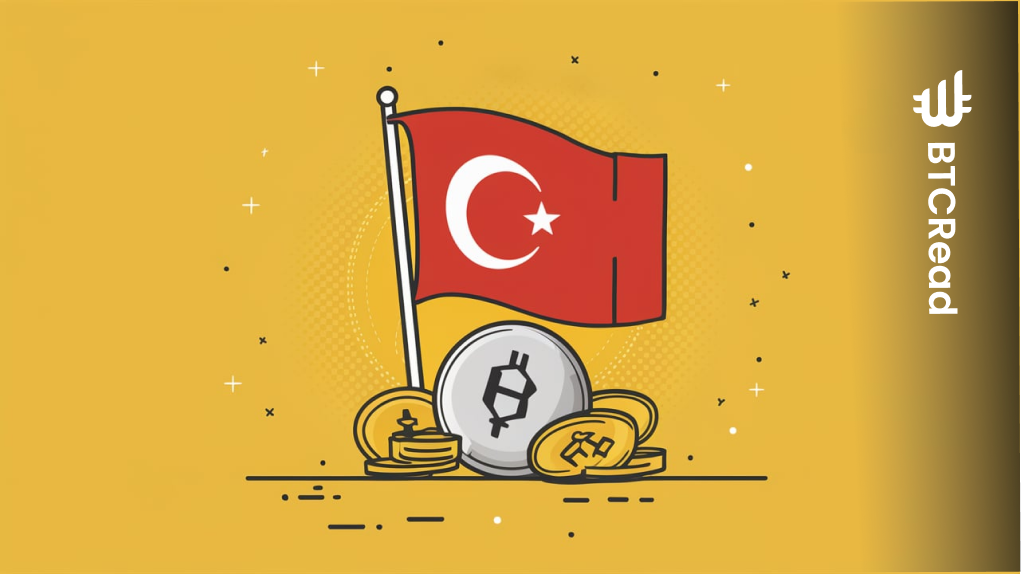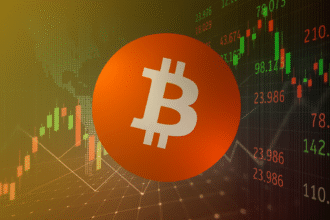The Turkish crypto market has experienced remarkable growth, with over half the country’s population now invested in digital assets. This surge comes amid high inflation and currency devaluation, according to a recent report by blockchain data provider Kaiko.
As per the report, macroeconomic factors largely drive Turkey’s crypto boom. The country has grappled with double-digit inflation, averaging over 40% in the past five years. Meanwhile, the Turkish lira has lost over 300% of its value against major currencies since late 2020.
These economic challenges have pushed many Turks to seek alternative stores of value. Bitcoin (BTC) has emerged as a popular choice, with the BTC-TRY pair surging over 800% since 2021 – outpacing BTC’s performance against other fiat currencies.

The Turkish lira now ranks as the fourth most traded fiat currency in crypto markets globally, behind only the US dollar, Korean won, and euro. Its market share against the euro has grown from 10% in early 2022 to 40-50% today.
Binance dominates Turkish crypto exchange market
Binance, having secured a commanding position in Turkey, now holds sway over more than 85% of the lira trading volume. The global platform has shown robust growth in its Turkish operations, introducing a diverse array of over 200 TRY trading pairs. By contrast, the local exchange BTCTurk has witnessed a sharp decline in its market presence, plummeting from a 95% share in 2020 to a mere 13% by July 2024.

Turkish traders show interest in stablecoins for stability while also engaging in high-risk asset speculations. Notably, meme tokens like Pepe coin have outpaced Bitcoin in trading volume on select exchanges this year.

In July 2024, Turkey responded to the surging market by enacting its inaugural crypto regulations. These new laws mandate specific licenses and adherence for crypto service providers. While they offer much-needed regulatory clarity, they also pose a financial burden by escalating operating expenses for exchanges.
Despite the wider fluctuation in cryptocurrencies, the continued expansion of the market showcases the unique factors driving adoption in developing economies grappling with unstable currencies.
Related | Aave Proposes ‘Fee Switch’ to share revenue with key users







